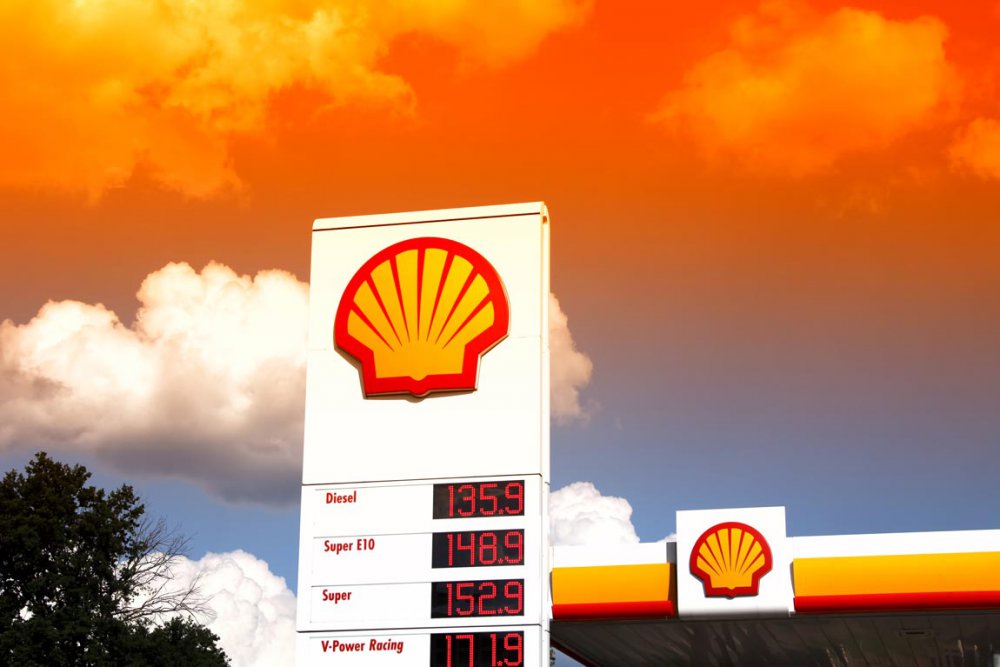
NEWS


Shell’s appeal against the MilieuDefensie decision of The Hague Tribunal
The ruling, which Shell is appealing, had been won by MilieuDefensie (Friends of the Earth in the Netherlands), Greenpeace and 17,000 Dutch citizens. Claimed to be a historic victory, it triggered an avalanche of climate lawsuits against energy companies and the banks that finance them.
The ruling (C/09/571932 / HA ZA 19-379) enjoins Shell, which is not alleged to have violated the law, to reduce by almost half its indirect and direct CO2 emissions, i.e. de facto its activities. Shell is, in fact, deemed responsible for emissions resulting not only from the production and consumption of the group itself, but also from its economic partners and consumers of its products worldwide (i.e."Scope 3" including emissions from the use of third-party purchased crude oil and gas representing 95% of the total).
This decision is based on Book 6, Section 162 of the Dutch Civil Code which imposes a general duty to prevent damage – an " unwritten standard of care " which the court interpreted based on “an assessment of all circumstances of the case in question”. The court interpreted this in the light of international law, the reports of the IPCC (Intergovernmental Panel on Climate Change) and the UN Guiding Principles on Business and Human Rights. On appeal, the company argues that the state should have its share, and also points out that the war in Ukraine has changed the energy situation. The appeal essentially raises three questions.
Will the Court of Appeal in The Hague take its cue from the April 9 ruling by the European Court of Human Rights (ECHR) condemning Switzerland for failing to meet its climate obligations?
In Verein KlimaSeniorinnen Schweiz et al. v. Switzerland (application no. 53600/20), the ECHR ruled that Article 8 of the European Convention on Human Rights, on the right to a normal private and family life, enshrines a " right to effective protection by the State authorities against the serious adverse effects of climate change on life, health, well-being and quality of life ". Given the shortcomings of its climate legislation, the Court found that Switzerland had breached this article.
Having held Shell liable under Article 8 of the ECHR and even Article 2 on the right to life, without denying that international law is not directly applicable to companies, will the Court of Appeal confirm this approach? On the contrary, will it restore order to the hierarchy of norms between international and domestic law, between hard law and soft law, leaving it to the legislator to decide on the climate obligations of private players? The question arises because the NGOs attacking companies are not accusing them of violating a climate law, but of breaching the non-mandatory norms of soft law and international law.
How will the Court deal with the battle of experts waged by the NGOs?
NGOs bringing climate lawsuits rely heavily on expert reports, which are often, but not always, taken into consideration. For example, the ECHR, in the above-mentioned judgment, relied essentially on IPCC reports. On the other hand, the High Court of London, in a Client Earth v. Shell decision of May 25, 2023 (no. BL-2023-000215), upheld on appeal, dismissed the NGO's case, while considering that the expert's report did not reflect the latter's independence. Above all, it denied that there is a single methodology for assessing how a company can achieve the required climate objectives.
In the present case, the question is whether the defendants will again persuade the Court that, without its intervention, the catastrophic predictions of experts and certain international organizations will come true if it does not take the place of the States.
Will the Court of Appeal in The Hague take into account the changed circumstances and the imperatives of security of energy supply?
The Hague tribunal refused to weigh up the interests and responsibilities involved. It had backed away from the obstacle, pointing out the difficulties of such a balance. But circumstances have changed. On the one hand, the IPCC is playing its part in sounding the alarm on climate change; on the other, governments and their citizens are seeking security of supply and low energy prices.
In its report on the state of the Energy Union 2023 (COM (2023) 650 final), the European Commission notes that "while Member States hold significant stocks of security oil, it must be recognized that the cumulative effects of recent events could potentially compromise the EU's security of supply and affect global energy markets ". The French Constitutional Council echoed this concern in its August 12, 2022, decision on the law to protect purchasing power (no. 2022-843 DC), ruling that security of energy supply meets " constitutional requirements inherent in safeguarding the Nation's fundamental interests, which include its independence and the essential elements of its economic potential ".
Which begs the question: will the Court of Appeal in The Hague acknowledge the change in circumstances, and Europe's move towards a war economy, by admitting that it is not for it at this stage to assess whether Shell is in a position to meet Europe's climate objectives?
Noëlle Lenoir Avocats
28 boulevard Raspail
75007 PARIS
+33 1 45 44 67 16
contact@noellelenoir-avocats.com
Noêlle Lenoir Avocats ©2020 All rights reserved
